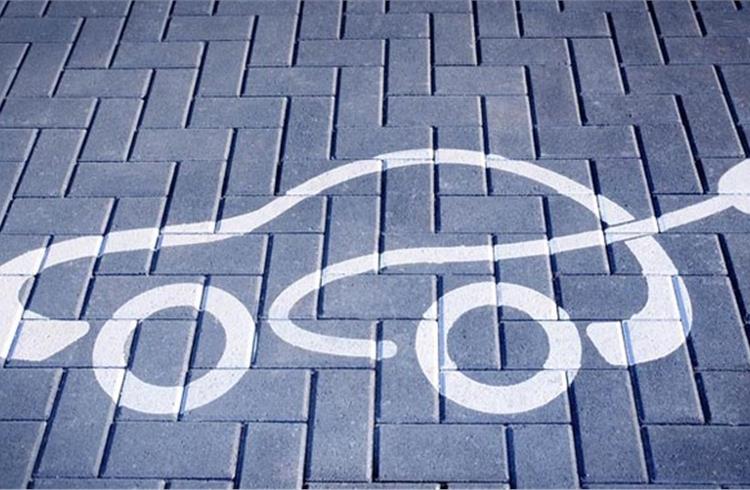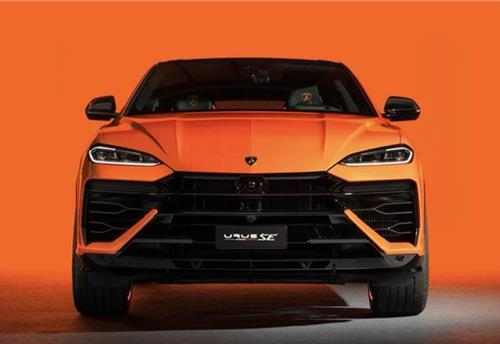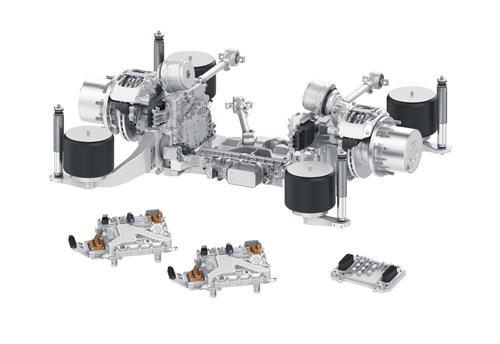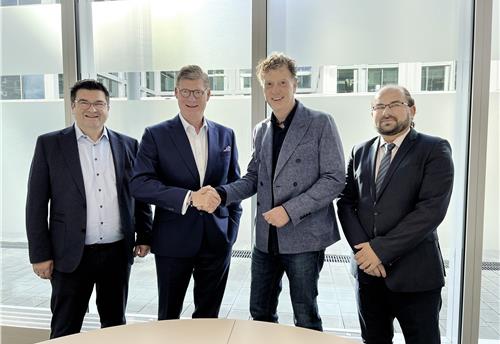PSA, Suzuki set up EV business divisions
Both France's PSA Group and Japan's Suzuki Motor Corporation have separately announced setting up of Electric Vehicle division, indicating the OEMs' plans for a sharper focus on EVs.
The rapid advance of electric mobility in the automobile world is seeing automakers prepare for a new phase of motoring. The PSA Group of France and Suzuki Motor Corporation of Japan have both announced plans to set up Electric Vehicle divisions, designed to drive research and development, new products and technology in the field of electric mobility.
Effective April 1, PSA is creating a Business Unit (BU) dedicated to electric vehicles. This, the company says, is to respond to the challenges of the energy transition and to build an efficient and coherent offering of electric mobility solutions.
PSA says the new business unit will have global scope and will leverage all factors necessary to deliver models that meet customer expectations, in line with the highest service standards. The BU will be responsible for defining and deploying the Group’s EV strategy and rolling out the related products and services across its five car brands, Peugeot, Citroën, DS and Opel/Vauxhall, and its Free2move mobility brand.
Alexandre Guignard has been appointed senior vice-president of the BU, responsible for the profitable development of these operations, in all regions concerned, and will lead initiatives to help meet the Group’s CO2 targets, in compliance with the 2020 and subsequent European standards for CO2 emissions.
Linda Jackson, CEO of Citroën, to whom the BU will report, said: “The energy transition is an opportunity that our company has seized by launching an unprecedented technological offensive made possible by our multi-energy platforms. The challenge for this Business Unit, which benefits from an experience built up over several years within the Group, will be to provide the best vehicles at the best time to satisfy our customers and thereby ensure the best economic conditions for launching PSA Group’s electric vehicles into the market.”
Suzuki Motor Corp thinks electric too
On March 30, 2018, Suzuki Motor Corporation, announced that effective April 1, 2018, and as part of a new R&D re-organisation programme, it is setting up an Electric Vehicle Division and Advanced Technology Division. A company statement said that an "EV Development Department and Electric Mobility Development Department will be established in EV Development Division."
Toru Mukai, who was previously Department General Manager,
Electric Drive Vehicle Development Department, SMC, has been elevated to Division General Manager, Electric Vehicle Division, and
Department General Manager, Electric Mobility Development Department.
Tatsuji Mori, previously Department General Manager, Electric Components Development Department, is now Department General Manager, EV Development Department.
In November 2017, Suzuki Motor Corporation had confirmed and inked a memorandum of understanding (MoU) with Toyota Motor Corporation on moving ahead with a cooperative structure for introducing electric vehicles (EVs) in the Indian market in around 2020.
Specifically, Suzuki is to produce EVs for the Indian market and will supply some to Toyota, while Toyota is to provide technical support. Additionally, Toyota and Suzuki intend to conduct a comprehensive study of activities for the widespread acceptance and popular use of EVs in India. Such activities encompass the establishment of charging stations, human resources development that includes training for after-service technicians employed throughout sales networks, and systems for the appropriate treatment of end-of-life batteries.
More recently, on March 29, 2018, the two Japanese carmakers concluded a basic agreement toward the mutual supply of hybrid and other vehicles between the two companies for the fast-growing Indian passenger vehicle market.
With the buzz around electric mobility getting stronger by the day, expect more and more automakers to set up focused business divisions to cater to the greener form of motoring.
Lead image: courtesy Valeo
RELATED ARTICLES
Lamborghini unveils Urus SE ahead of Auto China 2024
Electric-only range of 60km helps reduce emissions by 80%.
ZF to display next-gen e-axle for low-floor city buses at Busworld Turkiye 2024
The AxTrax 2 LF is available with a continuous output of up to 360 kW and a peak torque of up to 37,300 Nm.
Daimler Buses and BMZ Poland to develop next-gen NMC4 electric bus batteries
The new battery generation NMC4 – succeeding the current NMC3 technology – will combine high energy density, resulting i...





 By Autocar Pro News Desk
By Autocar Pro News Desk
 05 Apr 2018
05 Apr 2018
 5346 Views
5346 Views









